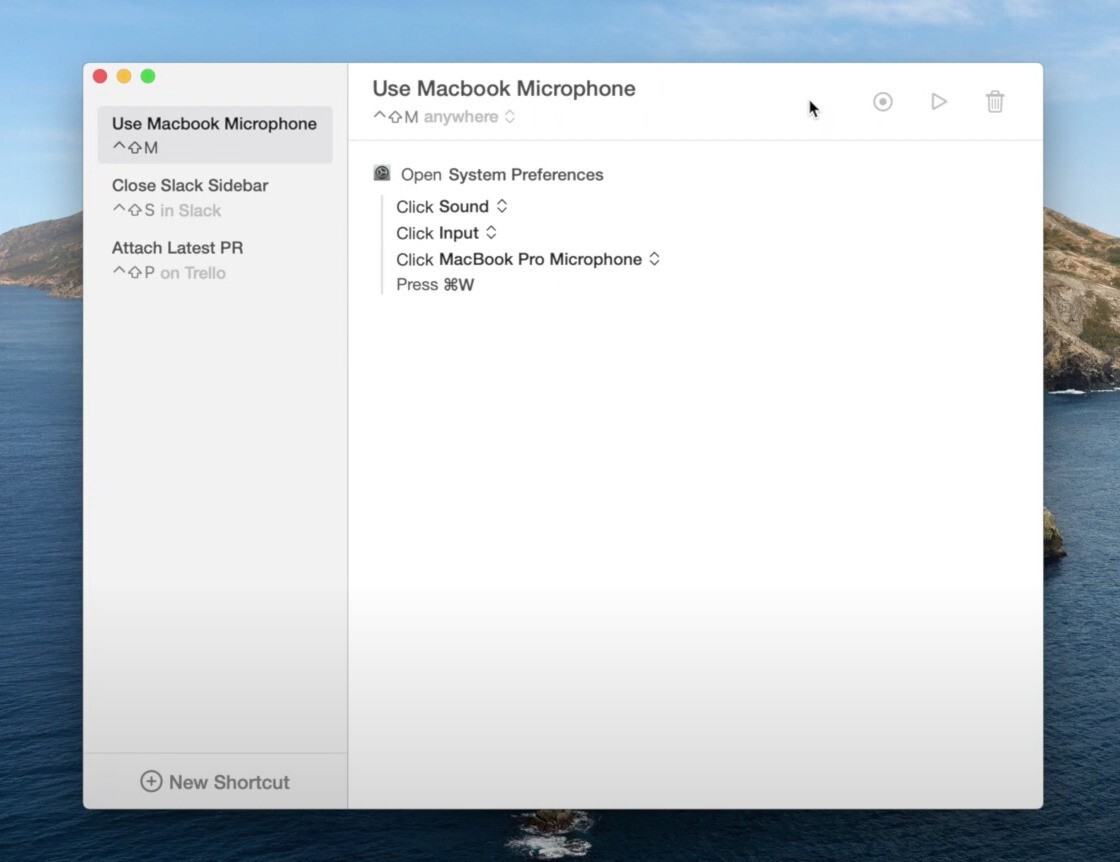
Or perhaps he felt that his own reputation as a musician and songwriter had become so established that the spectre of the 60s most famous manufactured boyband no longer mattered.

Perhaps the deaths of Davy Jones in 2012 and then Peter Tork in 2019 caused Nesmith to rethink his past. The question of what changed is an interesting one. On the final tour, according to the band’s latterday manager, Andrew Sandoval, Nesmith was given to making an unscripted speech onstage “about his relationship to the fans … them he knew and cared about them, and that he liked the Monkees and he liked Monkees fans”. “He’s always been this aloof, inaccessible person,” protested Davy Jones in 1997, “the fourth part of the jigsaw puzzle that never fit.”Īnd yet, for the last decade of his life, Nesmith happily participated in projects featuring the Monkees’ name – long tours, and an acclaimed 2016 album Good Times!, which came with songwriting contributions from Paul Weller, Noel Gallagher and Rivers Cuomo of Weezer. When he did agree, said reunions sometimes ended acrimoniously. He would sometimes take part in band reunion tours and recording sessions, but usually declined.
#Micheals keysmith series
Even when the Monkees’ oeuvre was reassessed as a subject befitting scholarly box sets and the TV series reshown on MTV to huge success, Nesmith remained detached. The brilliant country rock albums he made in the 70s didn’t receive the reaction they deserved, at least at the time: it was as if the Monkees’ manufactured legacy clung to his name, regardless of the music he made. Nevertheless, Nesmith’s attitude to the Monkees seemed to remain equivocal at best. Photograph: Moviestore/REX/ShutterstockĪt the time, Nesmith’s behaviour caused chaos – weirdly, rather than laud him for standing up for himself and his bandmates, the press turned on the Monkees, decrying them as “a disgrace to the pop world” – but he eventually won the fight: Kirshner was fired, and the band took control of their own musical direction. The Monkees in Head: Peter Tork, Davy Jones, Michael Nesmith, Micky Dolenz. It was Nesmith who legendarily became so outraged by Kirshner and lawyer Herb Moelis’ high-handed treatment of the band that he put his fist through the wall of Kirshner’s Beverly Hills hotel room and informed Moelis “that could have been your face”. At the height of their fame, it was Nesmith who bluntly informed a US magazine that the band didn’t play on their records – “I don’t care if we never sell another record … tell the world we don’t record our own music” – and that their current album, More of the Monkees, was “probably the worst album in the history of the world”.

Already a gifted songwriter when he signed on for the TV show that would make him famous (Screen Gems, the company behind The Monkees, bought a couple of Nesmith’s songs for the show, although they turned down Different Drum, subsequently the song that launched Linda Ronstadt’s career) he was furious at the restrictions placed on them by producer Don Kirshner. Nesmith was famously the Monkee most horrified by how prefabricated the Prefab Four were supposed to be. U p until a few weeks before his death, Mike Nesmith was touring as the Monkees with Micky Dolenz, the band’s other surviving member, performing I’m A Believer, Pleasant Valley Sunday, Daydream Believer et al, on what was billed as their farewell tour.


 0 kommentar(er)
0 kommentar(er)
